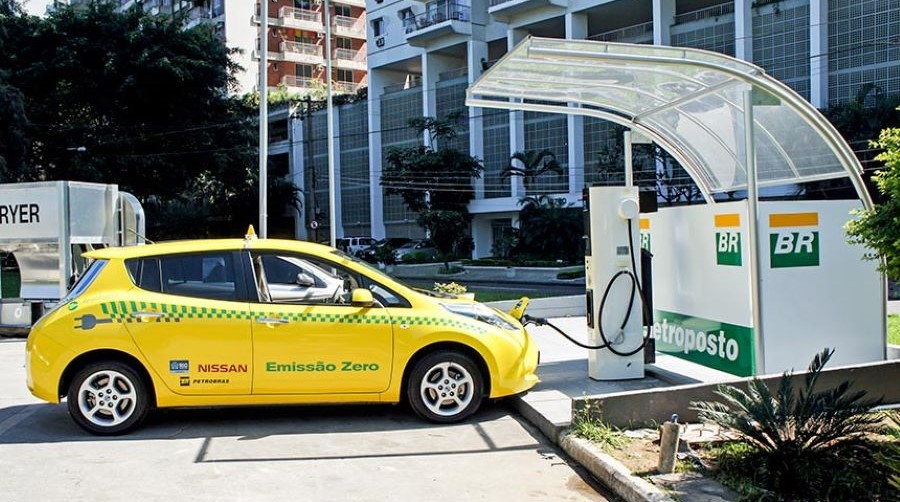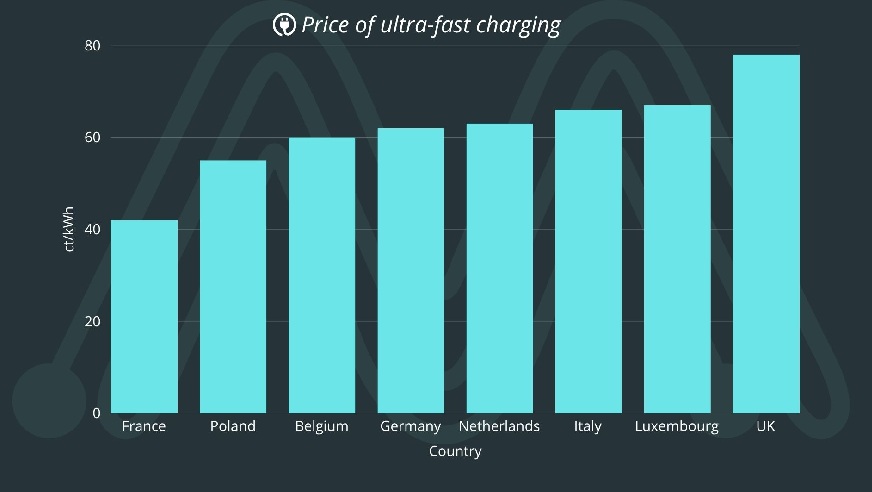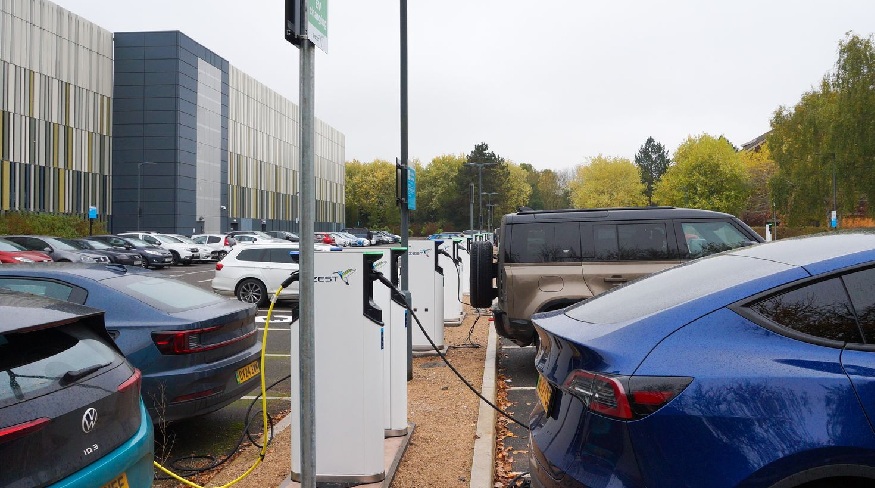The rapid popularisation of electric vehicles in Brazil—177,000 units registered in 2024 alone, an 80% increase compared to the previous year, according to the Brazilian Electric Vehicle Association (ABVE)—presents a significant challenge: the fate of vehicle batteries at the end of their lifecycle.
In this regard, Bill 2,132/2025, introduced by Senator Jaques Wagner, aims to establish guidelines for the reuse, recycling, and traceability of batteries in electric and hybrid vehicles.
The goal of the initiative is to “promote a circular economy and mitigate the environmental impacts associated with the disposal of these components,” a topic that sparks debate among supporters and detractors of electric vehicles.

As justification for his proposal, Wagner argues: “Brazil needs to anticipate the impacts of the increased use of electric vehicles.”
Therefore, he believes it is necessary to establish a legal framework that promotes the reuse of components and reduces environmental damage resulting from improper disposal.
The senator cites international experiences and the Paris Agreement as references for formulating the project.
“The proposal aims to reduce greenhouse gas emissions in battery manufacturing, the dependence on virgin raw materials, and mitigate the risks of soil and water contamination,” he explains.
The Lesser-Known Circuit of Electric Vehicle Batteries
While the initiative awaits approval from the Presidency of the Senate for submission to the relevant committees, Mobility Portal Latin America spoke with Eduardo Muñoz, CEO of Bravo Motor Company Brasil Energy, a company working on the development of the supply chain and the establishment of the first battery factory in Latin America.
“I think there are two perspectives on this issue. One, which would be interesting, is to align requirements and regulations with those for fossil fuel vehicles because otherwise, we worry about the possible harm of these batteries—which is not really a concern for me—and, in a way, we ‘penalise’ or burden electric vehicles, as you would be regulating them with registrations and procedures, while traditional vehicles continue circulating and polluting, as they always have.”
“On the other hand, lithium batteries are not an environmental problem, they are a business. They last between seven and ten years in the car, and in some cases much longer, offering the possibility of being reused in stationary energy storage systems,” he exemplifies.
“After that, they can be recycled by more than 94%. Therefore, I don’t see it as an environmental issue.”
Muñoz does admit, however, that “it is good to have regulations that ensure environmental traceability.”

He also highlights that “it will always be cheaper to recycle the battery and recover materials than to do virgin mining and transport, purify, and deal with all the processes needed to produce new batteries.”
Regarding the current state of the electric vehicle battery market in Brazil, the executive points out: “I see it as a very dynamic and demanding market for the future; it already is, but today 100% of the batteries used are imported.”
Muñoz refers to the fact that multinational companies like BYD “assemble” and adapt batteries from lithium cells sourced from China. Currently, they are not being “made from scratch” locally.
“The expectation, even in pessimistic projections, is for at least 30% of the Brazilian vehicle fleet to be electric and hybrid by 2035,” Muñoz notes.
“So, it is truly an important market that justifies having a local battery factory. That’s why we’ve been investing in Brazil since 2020, dedicating ourselves daily to this project, which is almost an act of geopolitical independence rather than just a business,” he concludes.
The Potential Impact on the Emerging Local Industry
The fundamental principles of the bill include:
- Environmental precaution
- Shared responsibility between manufacturers and users
- Transparency in the supply chain for critical materials such as lithium and cobalt
- The inclusion of recycling cooperatives in the process
Additionally, instruments such as the “battery passport,” traceability and circularity targets, tax incentives, and sustainability criteria for public procurement are proposed.
The changes introduced by this regulation will influence the decisions of companies currently involved in the electric vehicle battery market. Some of the most notable include:
- BorgWarner has established a plant in Piracicaba, São Paulo, where it produces battery platforms for electric vehicles.
- The national company WEG announced an investment of R$ 1.8 billion to produce batteries for electric vehicles in Brazil, as part of the government’s Nova Indústria Brasil initiative.
- BYD has set up a plant in Camaçari, which will start producing electric cars this year. It also has another plant in Manaus, where it assembles batteries for its buses, and has acquired a large lithium deposit in Minas Gerais, securing the entire supply chain.
- Volkswagen Caminhões e Ônibus (VWCO) has developed battery technology that replaces graphite with niobium, reducing battery size and improving safety. This innovation is being implemented in heavy-duty electric vehicles.
- Marcopolo, the Brazilian bus body manufacturer, has started assembling in Brazil. These vehicles use imported batteries, but the company is exploring the possibility of integrating local battery solutions in the future.
According to the text about to be approved, the national policy will apply to the entire lifecycle of the batteries used in electric vehicles, from their manufacture to their final disposal. Therefore, its implementation will impact the production chain and the overall costs of the automotive industry.
DISCOVER MOBILITY PORTAL DATA
Discover Mobility Portal Data, a new exclusive market intelligence platform offering reliable data and key reports to support smart decision-making across the automotive sector — covering both combustion and electric vehicles, as well as charging infrastructure.
Research, trend analysis, and neatly organised statistics presented with clarity and precision, alongside up-to-date insights — all just one click away.
With Mobility Portal Data, good decisions are on the horizon.
READ MORE
-
Siemens: “No hay que ver la movilidad eléctrica como una carga adicional, es una aliada del sistema eléctrico”
El responsable de eMobility Iberia de Siemens explica cómo la carga flexible, el V2G y los modelos peer-to-peer pueden contribuir a estabilizar la red y crear nuevos modelos de negocio.
-
MPD: Which european countries have the highest and lowest ultra-fast charging tariffs?
EV charging rates vary across Europe depending on local energy sources and market conditions. For example, while France offers ultra-fast charging at €0.42/kWh, Italy reaches €0.66/kWh. How does each country rank?
-
UK University Powers Up Its Campus with 142 New EV Charging Points
The rollout is part of a 1.3 million-pound investment by Zest that will see the CPO provide and manage charging facilities at the University over the next 15 years.









